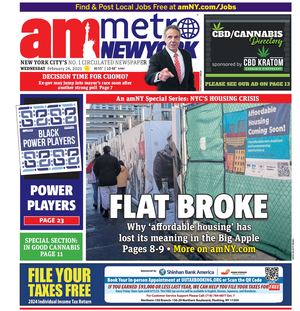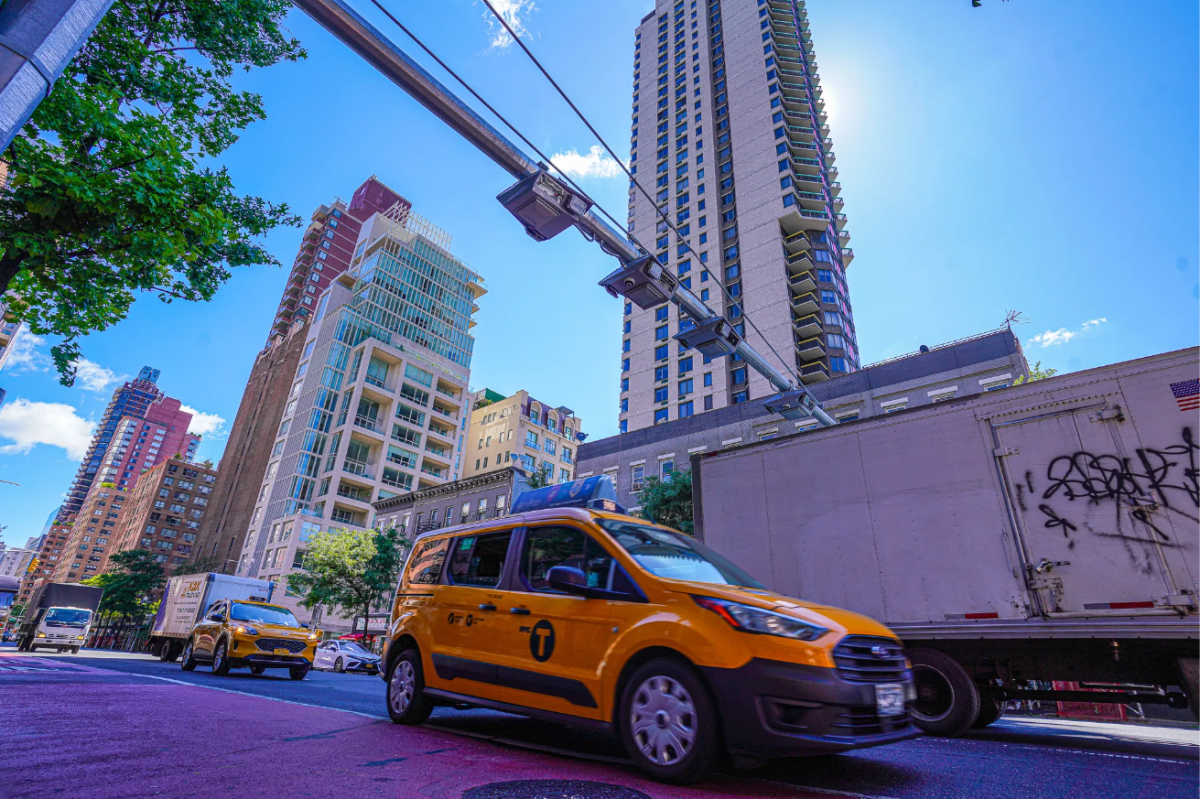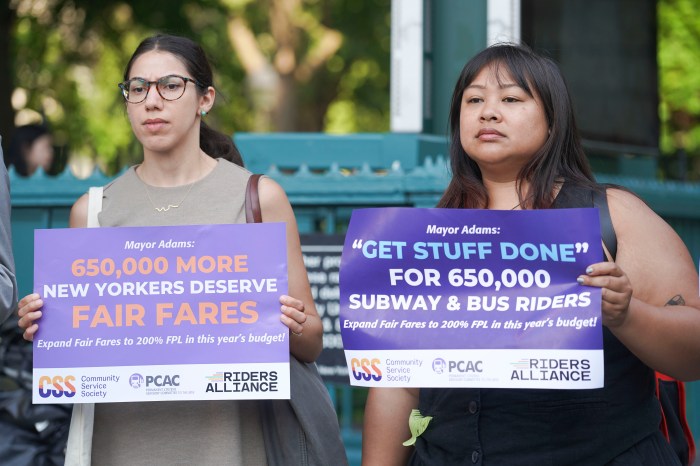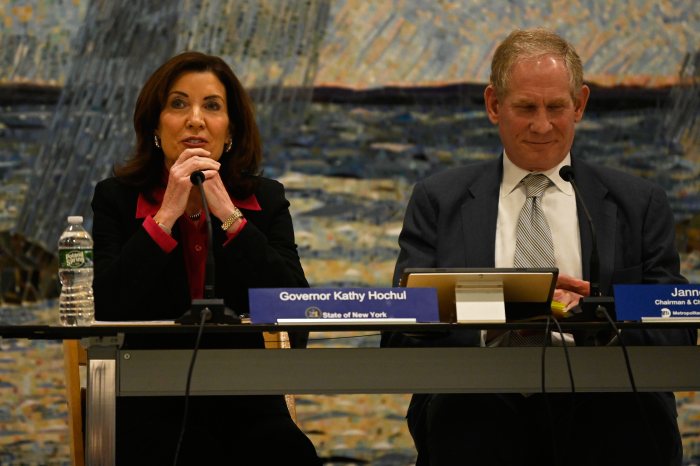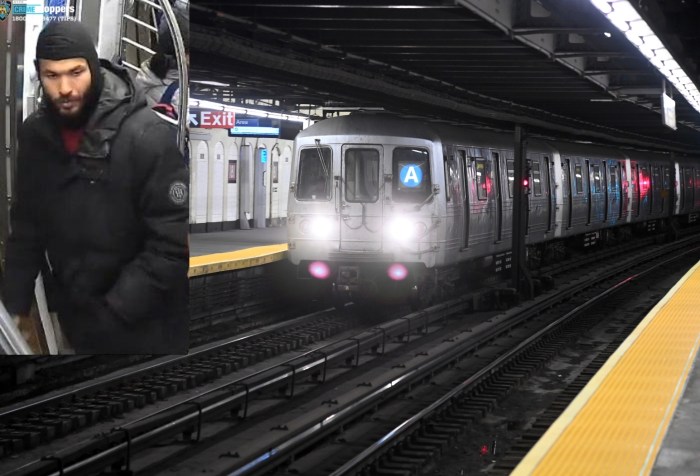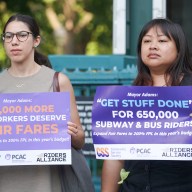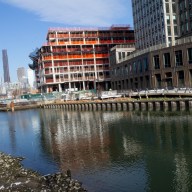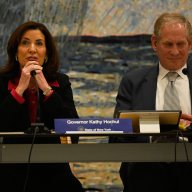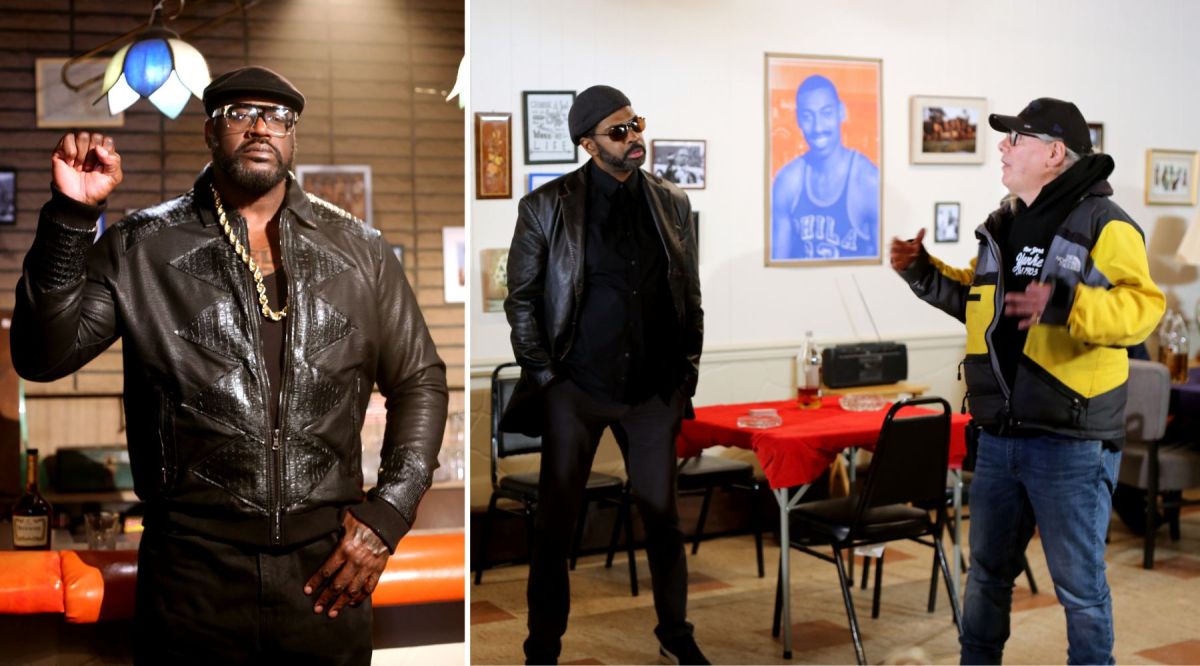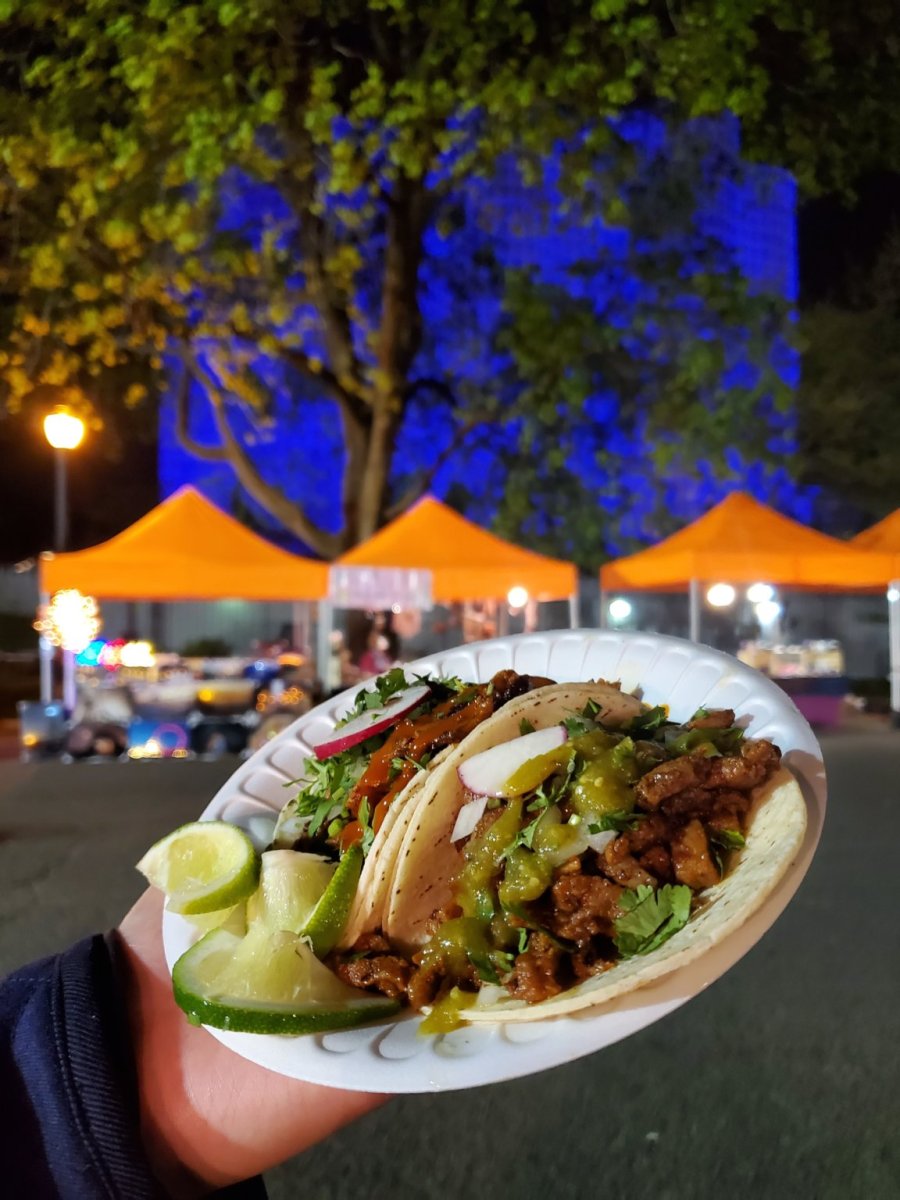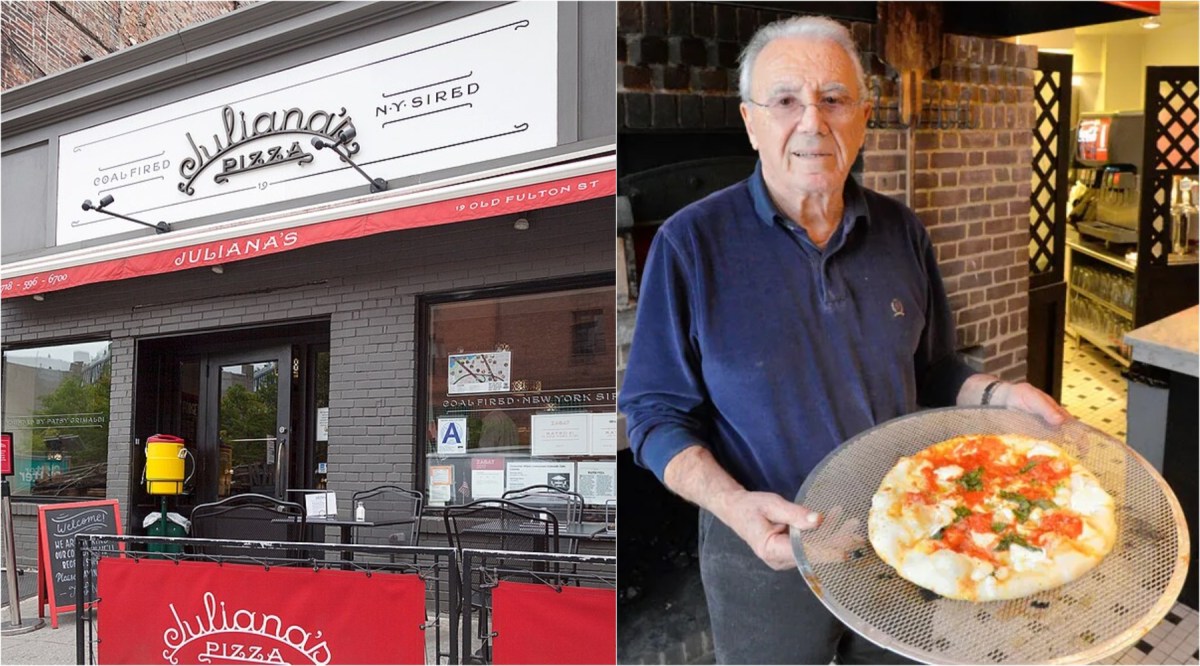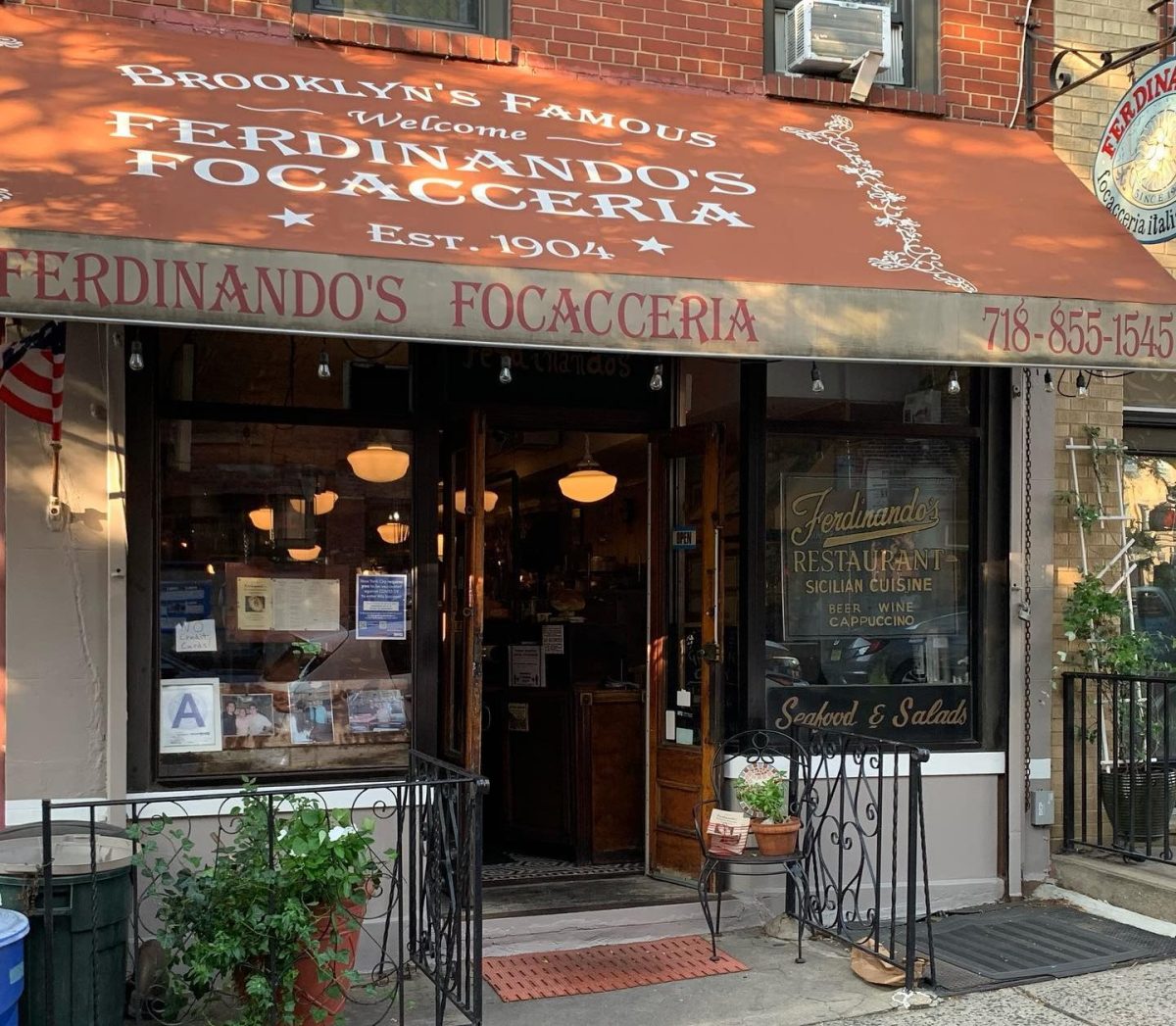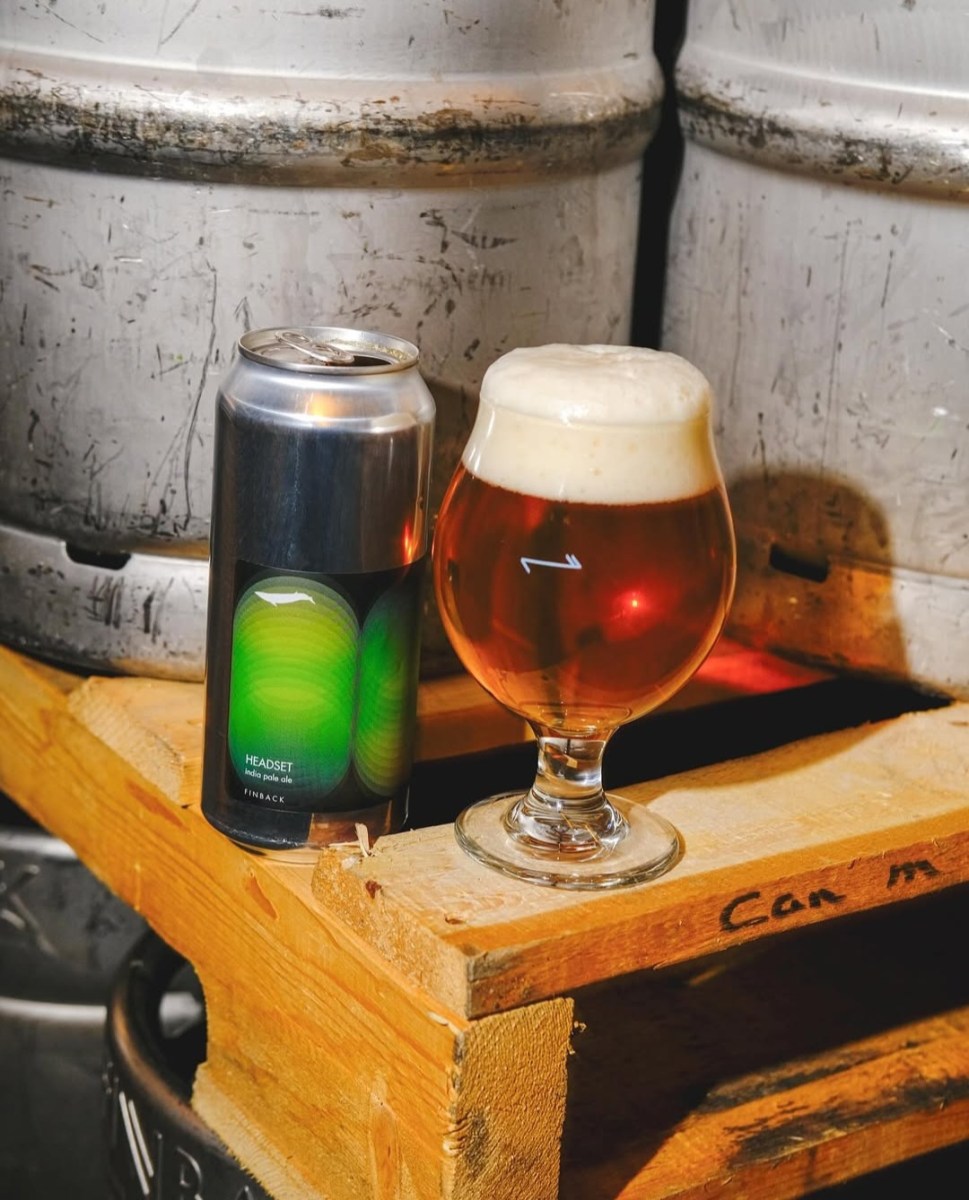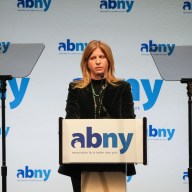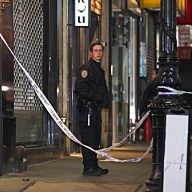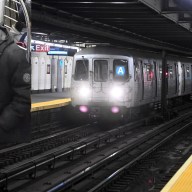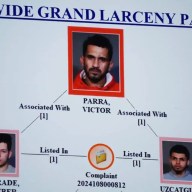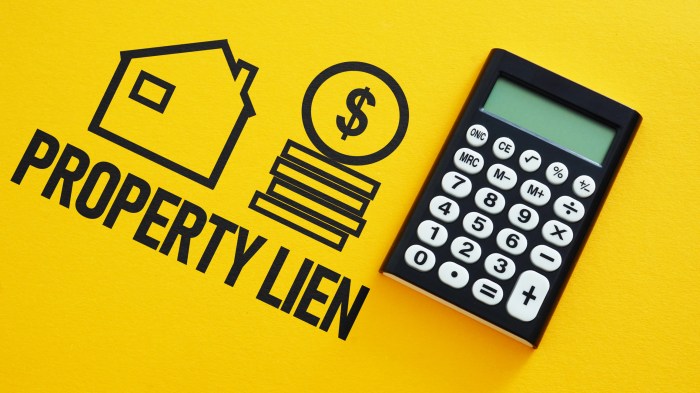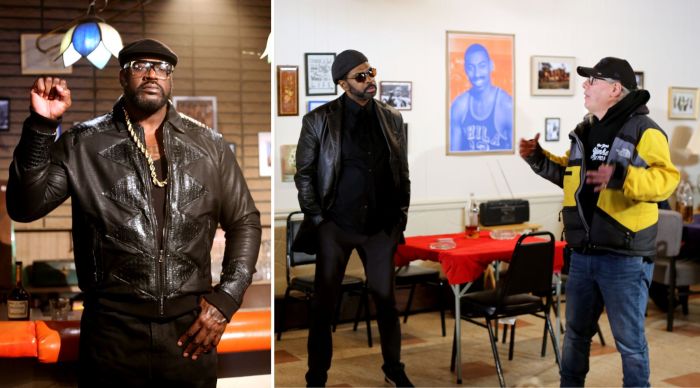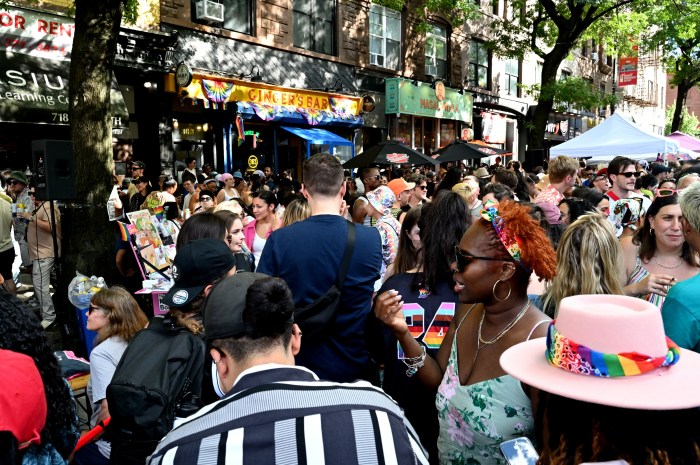Congestion pricing survived one of several pending legal challenges Monday that threatened to upend the controversial Manhattan toll program scheduled to finally be active on Jan. 5.
According to an article in Crain’s New York Business, U.S. District Judge Lewis Liman declined a group’s request to pause the program while their lawsuits proceed — a move that would have slammed the brakes on congestion pricing before it took off.
Groups that presented their losing case to the judge on Friday included unions and community-based organizations such as the Trucking Association of New York, residents of Battery Park and the United Federation of Teachers.
Liman said pausing congestion pricing “would negatively harm the public interest as it would delay the environmental and economic benefits” it was designed to provide and force the Triborough Bridge & Tunnel Authority to “bear a sizeable financial burden,” according to Crain’s.
John McCarthy, MTA chief of policy and external relations, applauded the decision.
“Congestion pricing will finally tackle the gridlock that is slowing down emergency vehicles, polluting air, and wasting people’s time in traffic,” he said. “It will also bring sorely needed improvements to transit for the nearly 90% of commuters who rely on buses and trains. It’s time for congestion relief, and we are ready to go.”
The Riders Alliance, which advocates for subway and bus riders in the Big Apple, was also supportive of the judge’s decision.
“New York’s bold plan to fix the subway, decongest our busiest streets and cut toxic air pollution has once again been vindicated by a federal judge,” the group said in an online statement. “The program has been studied exhaustively and proven itself around the globe. The Jan. 5 start date can’t come soon enough.”
The ruling is “good news,” according to a statement from Lisa Daglian, executive director of the Permanent Citizens Advisory Committee to the MTA.
“Riders are the biggest winners today as the start of the nation’s first congestion pricing program approaches,” she said. “Nearly 90% of commuters to the central business district rely on transit, but everyone in and around the region will benefit from better air quality, less traffic, better bus speeds and faster emergency response times, and historic investments in critical transit infrastructure.”
Meanwhile, elected officials outside of Manhattan are not celebrating the ruling. Staten Island Borough President Vito Fossella, a presenter in one of the lawsuits, said the decision is not shocking.
“We are disappointed, but not that surprised, that the judge denied our request for an injunction in our lawsuit against congestion pricing, with less than two weeks to spare before the program begins,” he said.
Other lawsuits, such as a case from New Jersey, could still delay the program.
Fossella is one of many New Yorkers hoping President-elect Donald Trump will kaput congestion pricing, as he often spoke out against the program on the campaign trail this year.
“We also thank President-elect Trump for his ongoing opposition to congestion pricing, which he has vowed to eliminate on his first day in office. We are optimistic that President-elect Trump will intervene to protect Staten Islanders and end the program once and for all,” the borough president said.
Queens City Council Member Robert Holden, another outspoken congestion pricing opponent, echoed Fossella’s statements.
“It’s disappointing that the court didn’t grant a temporary injunction against the congestion tax scam,” he said. “It’s clear the judge overlooked key arguments, but we’ll regroup with other plaintiffs and decide our next steps to fight this unjust scheme.”
Congestion pricing will start at a $9 base toll just after midnight Sunday, Jan. 5.
